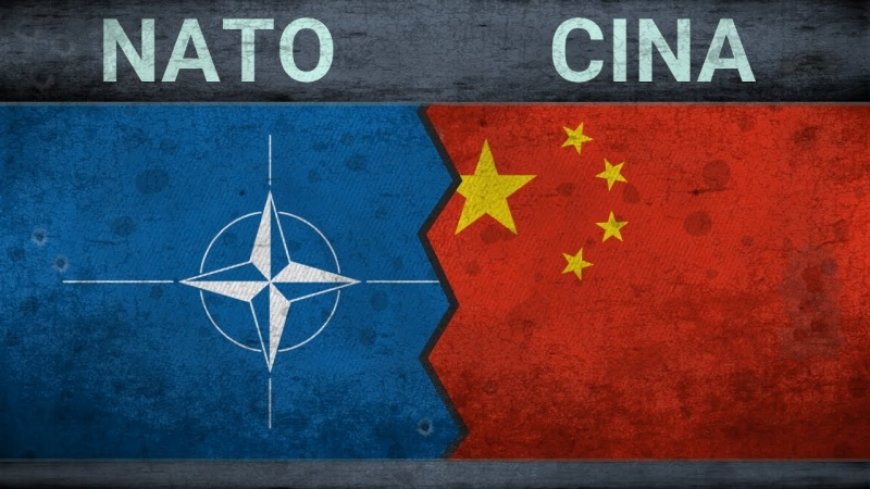Asia-Pacific, China on NATO enlargement: the USA behind the scenes
Asia-Pacific, China on NATO enlargement: the USA behind the scenes

China has on several occasions called on the Atlantic Pact to abandon the Cold War mentality and ... to reject eastward expansion plans. In recent years, NATO (North Atlantic Treaty Organization) has increasingly turned its focus on the Asia-Pacific region. In the context of the crisis in Ukraine, NATO is, on the one hand, intensifying efforts to confront Russia and, on the other hand, seeking the support of Japan, the Republic of Korea, Australia and New Zealand to create strategic points in Asia-Pacific. In July, NATO invited these four nations to participate in its summit, thus confirming its accelerated steps in extending its influences in the Asia-Pacific. As for the United States, Joe Biden's administration is moving the its strategic center eastward while dealing with the crisis in Ukraine. In this context, the United States is actively trying to integrate its strategies for the two geopolitical zones of the Pacific Ocean and the Atlantic Ocean. Meanwhile, Europe is also increasingly looking towards the Asia-Pacific.
NATO, a bloc primarily composed of the United States and European countries, is adopting a different perception of global security. As the most important security alliance between the United States and Europe, NATO is moving towards the Asia-Pacific. Since taking office, US President Joe Biden has regarded China as the main adversary of the United States. Addressing the “China challenge” is the main motivation behind the US push to reposition NATO in the Asia-Pacific. A review of alliance documents published in recent years shows that its perception of China is changing, with its policy toward China now increasingly characterized by challenge and competition. In early 2017, then-US Defense Secretary United States, James Mattis, first proposed that China was a problem that NATO should address. In April 2019, a conference of foreign ministers of NATO members called for a collective position targeting China for the first time. In December 2019, in its London Summit Declaration, the alliance recognized for the first time "opportunities and challenges" posed by China's growing global role. In the Atlantic Alliance's 2030 report and Brussels Summit Communication, the alliance again mentioned "Chinese challenges".
In its strategic concept document published in 2022, NATO included China among its strategic priorities for the first time, saying that China represents challenges to the interests, security and values of the Western bloc, a narrative that has been repeated at the Vilnius Summit held in July. In short, NATO's repositioning in the Asia-Pacific will force countries in the region to take sides between China and the United States. Once these countries begin cooperation with NATO, AUKUS or the Quad in the form of joint military exercises, this will have a negative impact on the “balanced diplomacy” pursued by most countries in the region and threaten regional peace and development.













































